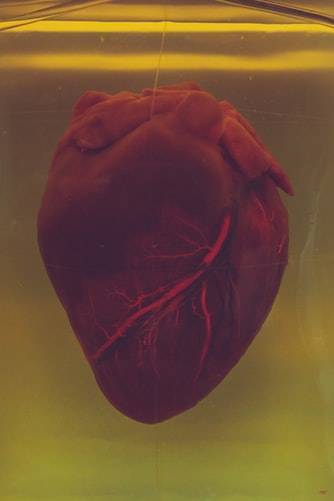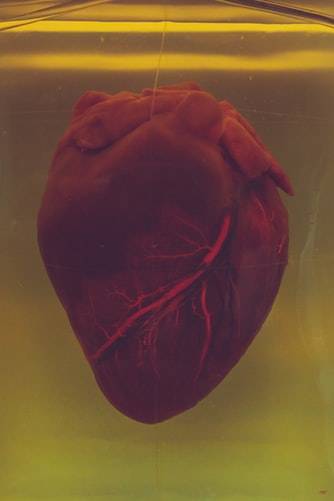German researchers announced today that they believe, based on laboratory studies, they have identified the cause of rare and severe blood clotting cases in some recipients of COVID-19 vaccines from AstraZeneca and Johnson & Johnson. In a study that has yet to be peer-reviewed, the researchers indicated that the COVID-19 vaccines using adenoviral vectors (the cold viruses used to deliver vaccine components) send some of their components into the cell nucleus, where mistakes may occur in reading certain instructions for producing coronavirus proteins. They suggest that the resulting proteins might lead to blood clotting disorders in a small number of recipients.
Scientists, along with drug agencies in the United States and Europe, are investigating the explanation for these rare yet potentially fatal clots, which are accompanied by a low platelet count, prompting some countries to halt or restrict the use of the AstraZeneca and Johnson & Johnson vaccines. Johnson & Johnson stated in an emailed statement, "We support the ongoing research and analysis of this rare occurrence as we work with health experts and health authorities worldwide. We look forward to reviewing and sharing data as it becomes available." AstraZeneca declined to comment.
The researchers from Goethe University in Frankfurt and other locations elaborated in their paper that vaccines utilizing a different technology known as messenger RNA, such as those developed by BioNTech with Pfizer, and also by Moderna, only deliver the genetic material for the coronavirus protein to the cytoplasm of the cells and not to the cell nucleus. The research paper suggests that vaccine makers using adenoviral vectors should modify the protein sequence "to avoid unintended interactions and increase safety."




